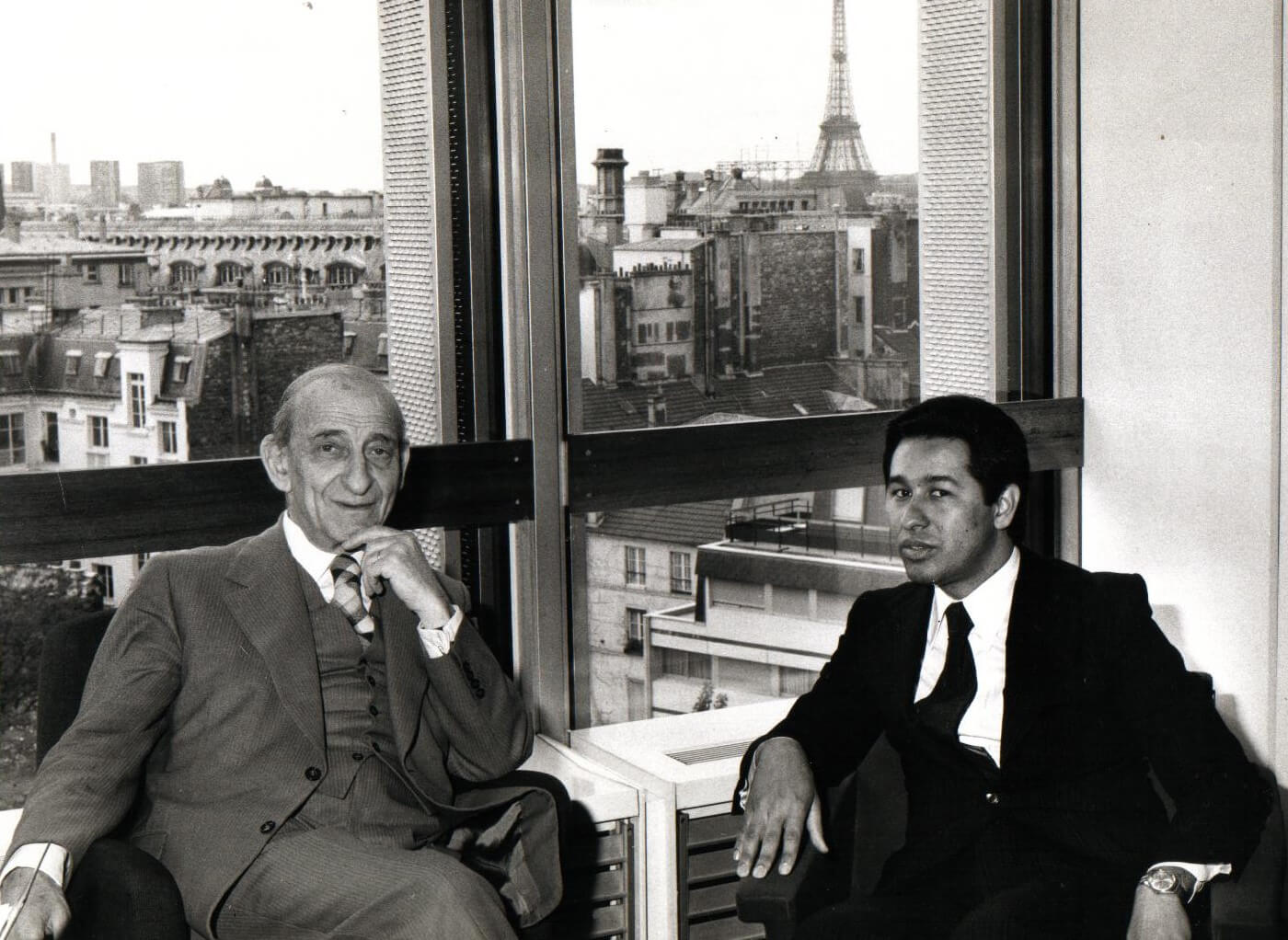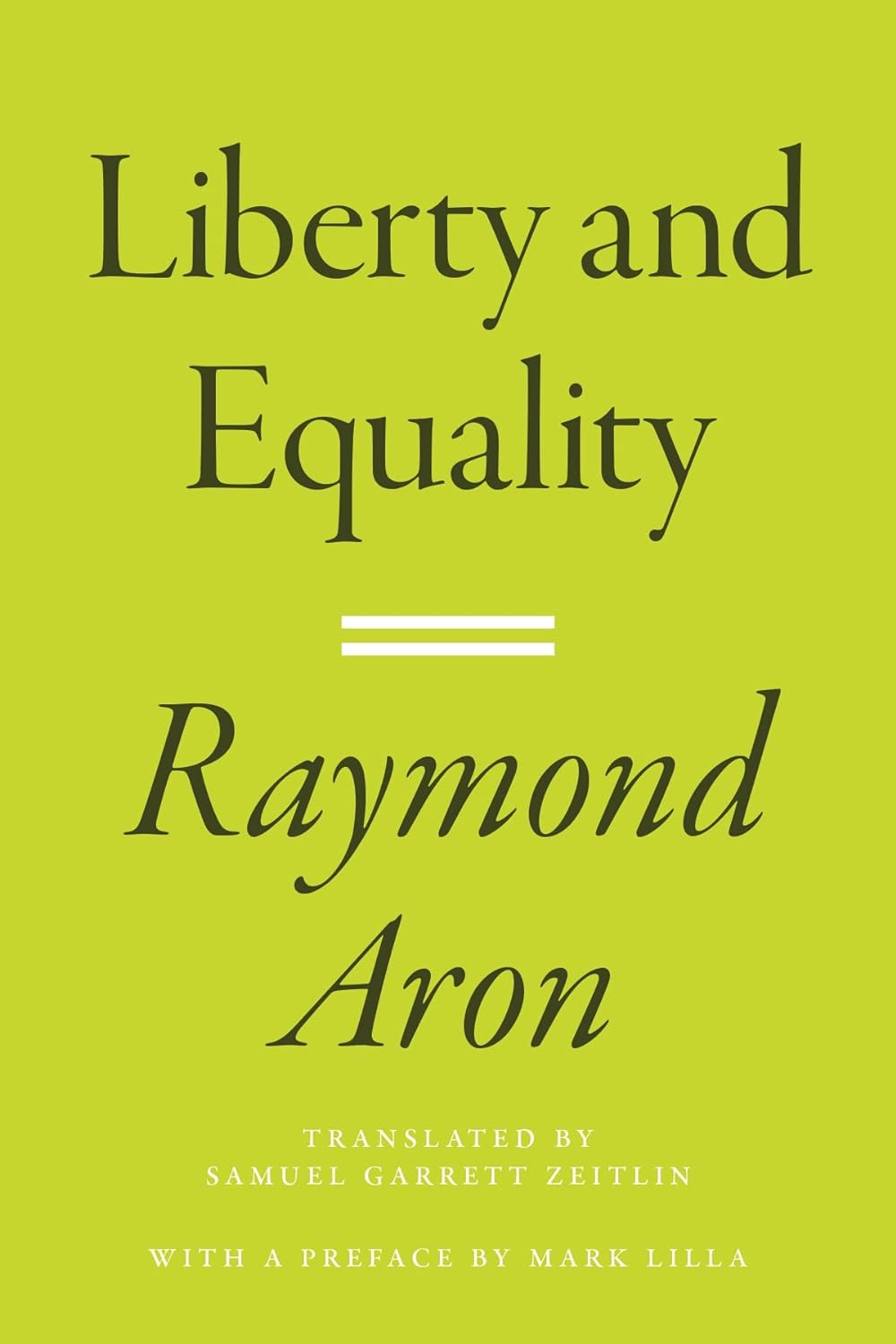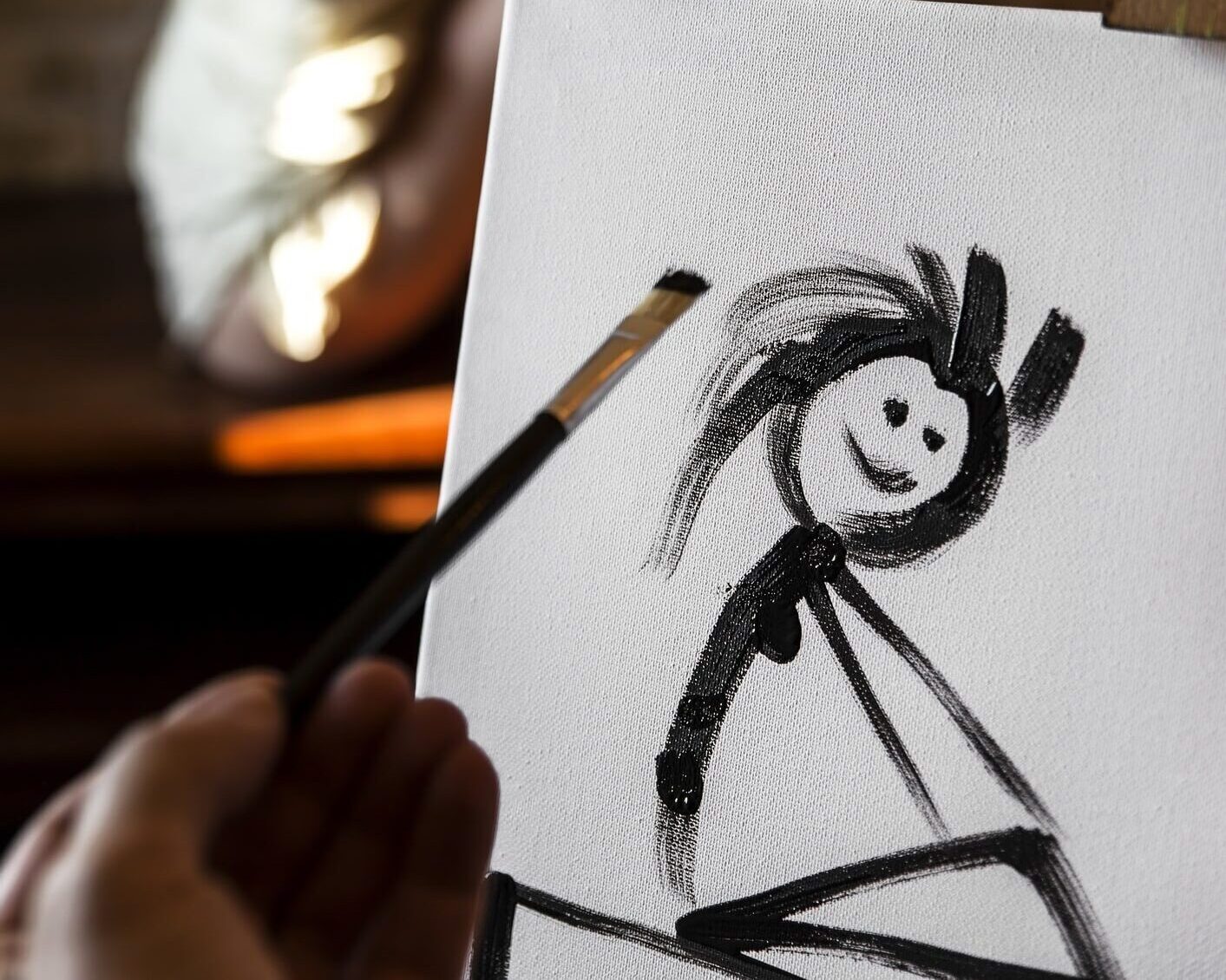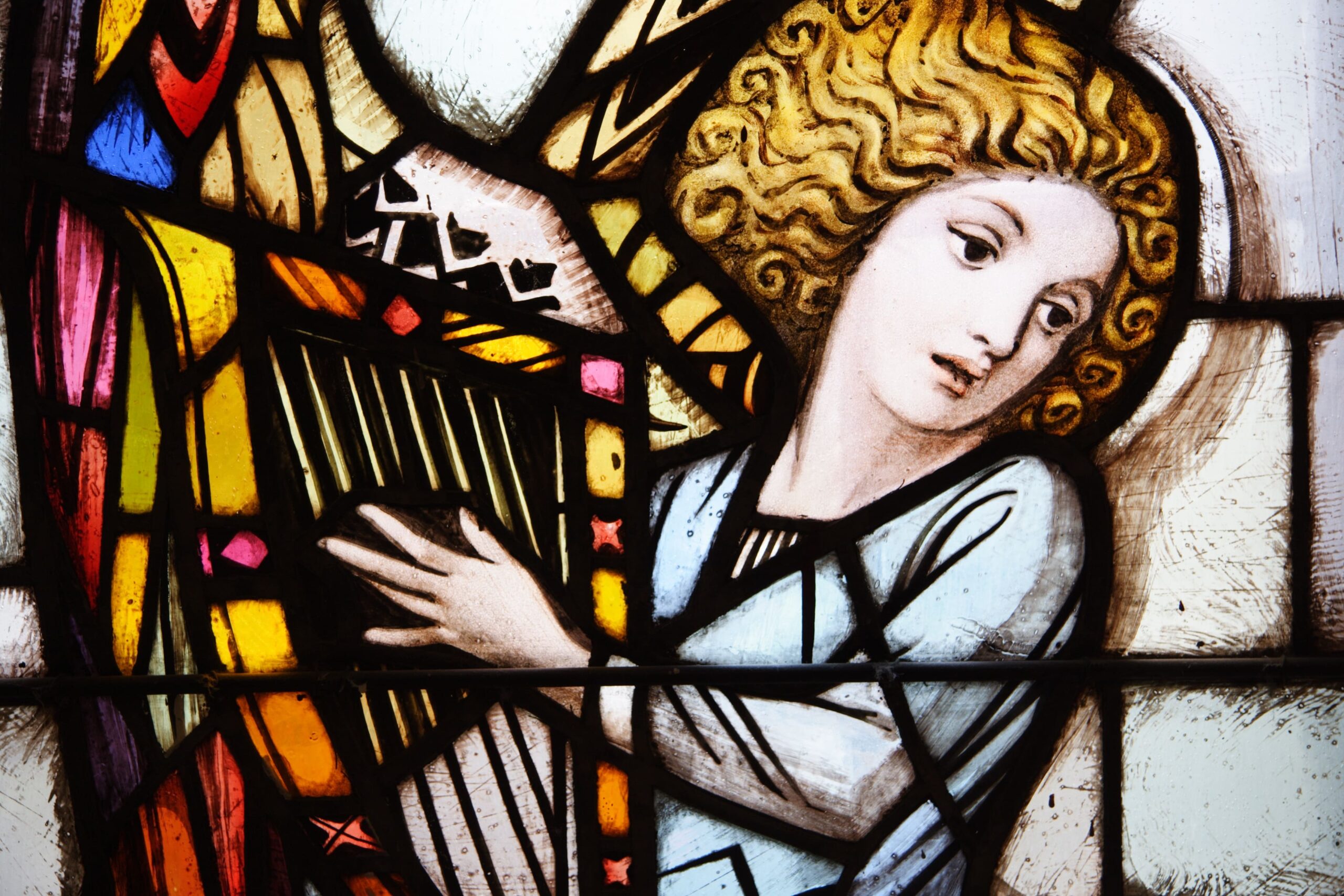When someone who knows what he’s talking about, say Daniel J. Mahoney, the dean of American Aron scholars, talks about Raymond Aron (1905–1983), the elements and broad shape of the discussion are givens. The discussion starts with some version of a bold claim—frequently, that Aron was arguably the single best political analyst in the twentieth century—and then proceeds to back it up. First, the steps of his intellectual biography are limned: 1) how Aron was mugged by totalitarian reality in 1930s Germany, which taught him that Enlightenment optimism was deeply flawed and that the achievements of civilization are fragile, never to be taken for granted; 2) the intellectual resources to which he repaired to come to terms with pre- and postwar domestic and international reality, starting with the German sociologist Max Weber and his tragic sense of conflicts in social life (in recognizing Weber’s merits, Aron avoided the temptation of condemning everything in the German enemy; this was a category mistake that someone seeking clarity could ill avoid); and finally 3) Aron’s increasing appropriation of sober premodern authors such as Thucydides and Aristotle while also drawing from the modern canon of liberal thinkers, Montesquieu and Tocqueville especially. The latter thinkers produced analyses of dawning modern society—liberal and democratic—that penetrated to essentials and were permanent achievements of social science. Most helpfully, they were attuned to the “antinomies” and tradeoffs inherent in this new form of social existence.
The “Aron case” then proceeds to report any number of fine analyses offered by him from 1939 to his death, concerning nuclear weapons, or the Algerian question, or the modernization of the French economy after the war, or NATO and the transatlantic alliance, or de Gaulle’s independent foreign policy, or French Communists and the French Right, or the decline in civic virtù among the Western democracies, or (here one changes key) his deep study of the sociological tradition coextensive with the birth and development of modern society. This tradition contained not only thinkers who supported (if critically) this new form of social order but also those who vehemently critiqued it and sought its replacement. Both sorts became ingredients in its self-awareness and debates. Along with Montesquieu and Tocqueville, one had to engage with Comte and Marx. This Aron did with aplomb. Read his two-volume Main Currents in Sociological Thought.
Finally, after this extensive report of his writings (which has to be arbitrarily limited given the nigh-infinite number of things on which Aron commented authoritatively), one steps back and asks, how on earth did he get to be so perceptive and penetrating? So capacious? How could he see at a time when so many were blinded by ideological and partisan passions? In answering these questions, one would end with a full portrait of a political thinker who was preternaturally dispassionate yet thoroughly engagé, who mastered the relevant disciplines so that he could see political reality in its entirety. To fill out the portrait, one might add analyses of his intellectual engagements with various contemporaries, starting with Sartre. Happily, this has already been done by Nathan Orlando in his 2023 study Raymond Aron and His Dialogues in an Age of Ideologies.
One thing Orlando’s fine book makes clear is that making this “case for Aron” today is rendered considerably more difficult because of the general ignorance of the times, topics, and thinkers with which he dealt. Democratic presentism, intellectual fads, and deliberate miseducation have taken their toll. To make the case for Aron today, one has to do extensive remedial work, in effect recalling the world within which Aron thought and to which he thoughtfully responded. It is true that reading and studying Aron is a privileged avenue to that world. Here one should begin with The Dawn of Universal History: Selected Essays from a Witness to the Twentieth Century.
All of the foregoing makes the recent publication of Liberty and Equality a welcome event. It is a translation of Aron’s own parting words, that is, the last lecture he gave before retiring from teaching at the Collège de France, delivered on April 4, 1978. While nothing can substitute for doing the work outlined above, this farewell lecture can claim as much as any single text to be a distillation, a précis, of Aron’s mature thinking and concerns. Adding to the value of the slim volume is a magisterial essay on Aron and this lecture by his best student, the now well-known political philosopher Pierre Manent. Entitled “Politics as Science and as Concern [Souci],” the essay gets to “the wellspring [ressort] of [Aron’s] life of thought and action.” Quite remarkably, this animating principle was a certain sort of worry or “anxiety”—“civic anxiety,” that is, a constant concern with civic health, with the dangers internal and external to the liberal democratic body politic’s very existence and persistence. Recall Aron’s formative experience: Hitler’s rise in Germany, when “history was again on the march,” but for “the worse.” After that gigantic struggle, there were the challenges of the Cold War, decolonization, and any number of “local” wars and hotspots, not to mention all the debates and ominous possibilities raised by nuclear arms. In the midst of this, anxiety or concern would be the reasonable response. One can hear it in the pathos of Aron’s famous Cold War saying: “Peace impossible, war improbable.”
But there are anxieties and there are anxieties. Aron’s were energizing, not debilitating, constructive and enormously productive: productive in light, in sober guidance, in providing a model of equanimity in the midst of storms. So Manent talks about the other part of his title, “Politics as Science,” that is, politics as something to know and the knowledge required to know it. Here we encounter a surprising contribution to current debates over liberalism. For Aron was often, and rightly, said to be a “liberal.” But his liberalism escapes our categories, and his liberalism illustrates what liberalism can be, arguably should be, to defend its deepest values: human equality and liberty, science and truth, justice and peace. Aron taught (less by words than by example) that it must be political.
To make this capital point, Manent employs a technique that Charles Péguy called “the method of eminent cases.” He highlights Aron’s critical engagement with Friedrich Hayek and his chef d’oeuvre, The Constitution of Liberty. Prior to his critique, Aron acknowledges his fundamental agreement with Hayek. “It so happens that, personally, I share [Hayek’s] ideal”—namely, that government should afford citizens the widest range of liberty and that when it impinges on liberty it should do so by means of law— “The reservations which I shall formulate do not, therefore, have their origin in a different hierarchy of values, but in the consideration of several facts.”
The first fact to consider is a massively obvious one: that particular political communities, liberal ones included, live in a world composed of a variety of political forms and regimes, most of them not liberal. Hayek, however, all but ignores foreign policy (while Aron devoted “a good third” of his corpus to it); Hayek’s “ideal” of replacing the rule of men with the impersonal rule of law cannot serve as a guide in this important, sometimes decisive area of common life. Here one needs the quintessential political virtue of prudence and elites and populaces capable of working together. A clear-eyed defender of human liberty must take into account these political conditions and constraints.
This leads to a second lacuna on Hayek’s part. He takes for granted what previous political thinkers saw as one of the “prime tasks” of politics: forming men to live together in society. Political order—liberal order especially, which is especially demanding—does not appear spontaneously. Human beings must work at it constantly. In particular, along with the widest berth given to individual belief and choice, in liberal polities there must be a social consensus that grounds and frames the public’s living-together. This can be inherited from the past, but it must be constantly monitored and supported, repaired, and updated as needed. Politicians and political scientists must make this a central concern.
Finally, liberal order requires its own sort of civic “virtue,” a virtue that sometimes makes contradictory demands on its members, depending on time, circumstance, and issue. In times of serious foreign danger, with elites this virtue must take on something of Machiavelli’s virtù without succumbing to the Machiavellian temptation to utter immorality. Liberal populaces must understand the rulers’ need for cunning and must have a capacity for hardness that ordinary liberal life tends to undermine. This difficult sort of eutrapelia, or adjusting to dramatically different circumstances and exigencies, also requires attention and cultivation.
Thus, from the beginning to the end of his career, Aron asked himself, are we—citizens and elites—formed by and capable of the demands of the society we have inherited or chosen, one quite different from those that surround us and with which we must engage? He reminded the liberal individual that he was so because he was a free citizen, a member of a liberal, self-governing political order. He should judge and act in accordance with that fuller truth. When France and the West took an antinomian path in the 1960s, Aron was there to remind them that liberty was not license and that liberty in society requires authority. All these lessons (and more) are developed in Liberty and Equality.
In pondering these parting words, the reader, I submit, will be struck by four things: 1) the use Aron makes of the authority the wise man possesses to restate the obvious; in this, common sense finds itself confirmed, which is important in a hyperpartisan and ideological age; 2) his ability to enlarge the discussion, in part because of wide learning, in part because of his independence of mind; 3) his prescience—this no doubt because of how deeply he penetrated into the nature of liberal society and, one must add, into its enemies, natural and ideological; and, finally, 4) the larger horizons he opens: to be more precise, his openness and opening to philosophy. While reading Liberty and Equality, one will experience the sure guidance of a true educator, perhaps the rarest sort of educator: a political educator.
To close, I will provide one instance of each of the foregoing, inviting the reader to discover many more when he has the book in hand.
First, I have already mentioned the first obvious “fact” with which Aron confronted Hayek’s “ideal” of a liberal society: the reality of different and differing political bodies in the world. Another is his observation that rights generate and require for their exercise correlative duties. Others must respect one’s rights, and one must respect others’. Here is an aspect of the social compact too often ignored, yet essential to liberty’s realization. By itself, this reminder puts the liberal individual tempted to hegemony or anomie in a social frame of mind.
Second, while many speak of liberty, Aron prefers the plural “liberties.” It is truer to the reality of the concept, and it allows for discrete discussions of each kind of liberty. It enlarges the hearer’s understanding of the complexity of reality, starting with his perhaps most cherished value. Reductionism, partisan or ideological, is a constant temptation for modern societies and hence a constant target of the “complexifying” Aron.
Third, Aron’s prescience is limned in the foregoing two points, which have the common feature of recalling complexity to those tempted by one-sided simplification. What would happen if the complexity of liberty, a complexity internal to it and heightened when brought into relation with the rest of social values, were to be forgotten? If liberty, instead of taking its rightful place among the human goods, and indeed elevated in a special way in liberal societies, sought to run roughshod over them? Aron saw this happening in 1968 and warned against it. Manent, however, has argued for some time now that “a philosophy of human rights,” severed from any of the other social goods, characterizes the elites and chief tendencies of Europe. Aron would not be too terribly surprised by the woke empire which is the current EU: it promotes untethered individual liberty filtered through ideological lenses.
We can end with the more upbeat fourth point: Why was Aron engaged so passionately in observing, analyzing, and commenting on politics? As we have seen, it was out of concern for the well-being of his civic community, and for human liberty and equality more widely. But it was also because of what politics reveals about humanity as such. In politics, humanity puts itself on display and puts itself to the test. Who would not be utterly fascinated by the drama? As Manent puts it:
To understand politics is therefore an education, an exercise in humanity which is never completed, because the experience of the actions and of the speeches of men always reserves its surprises, and the experience poses questions we did not expect. Aron scrutinized political life with tireless attention up until his last day, because he was unable to retreat from the place where humanity challenges itself.
Socrates, Herodotus, Montesquieu, and Weber could not have agreed more.















